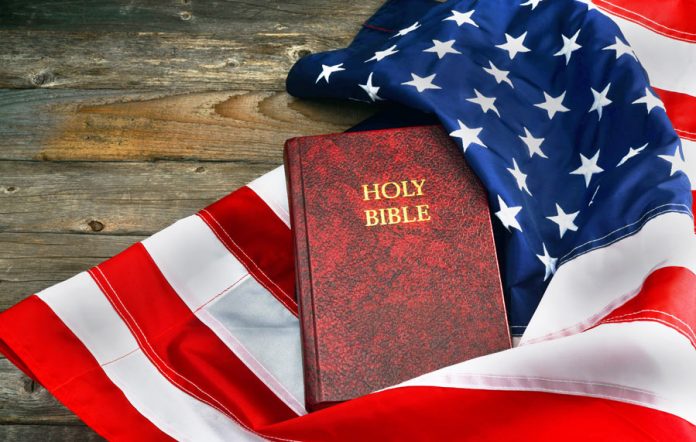The views expressed in this commentary do not necessarily reflect those of BCNN1. Opinions expressed are solely those of the author(s).
Question: I’ve heard congregants complain that while they agree with their pastor on political issues, he talks too much about it and it’s tiring. While other pastors are criticized by never talking about any political issues from the pulpit, with some saying that’s not their gift. Should pastors of local churches talk about political issues from the pulpit? If so, when should they do so and on what issues?
Historically, vast numbers of Americans have looked to their pastors for moral, as well as spiritual, leadership. This is still true for tens of millions of Americans of religious faith. And, in most cases, questions concerning the sanctity of human life, racism, human rights, sexism, and sexuality, for example, are of an entirely different level of moral significance than the politics of what are the most beneficial tax policies or the most prudent trade agendas. In a government “of the people, by the people, for the people,” such crucially important public policies cannot be entirely separated from the political process. The inevitable tension between the pastoral role as moral and spiritual leader and the ebb and flow of public policy and politics is one that pastors should seek to navigate prayerfully.
As an ordained Baptist minister who has served in a pastoral role in almost a score of churches and has preached approximately 10,000 sermons over the past half century, this is a question I have struggled with, and helped scores of colleagues to wrestle with, over the past decades right up to the present day.
When the issues confronting the congregation involve moral issues directly addressed by significant biblical teaching, then the pastor has a moral and pastoral obligation to share with his people the Bible’s teachings on these issues. That does not necessarily mean that the pastor is obligated to, or should, speak to the specific public policy aspects of these issues in the vast majority of instances. In discussing the significant Scriptures concerning the sanctity of all human life, from conception to natural death and everywhere in between, one can assert, as I have on many occasions, that God is pro-life while at the same time making it clear that God, while pro-life, is neither a Republican or a Democrat.
Similarly, the pastor can share with his people that racism in any form is anti-Gospel without discussing from the pulpit the particular merits or prudence of specific legislative proposals seeking to address particular injustices. This is also true of such issues as sexism, gender issues, stewardship of the creation, and religious liberty and freedom of conscience.
For instance, it is one thing to say that all human life is sacred and should be revered, and it is another thing entirely to endorse specific legislative remedies addressing abortion and euthanasia from the pulpit. It is one thing to make it clear “that God is no respecter of persons” (Act. 10:34) and quite another to endorse specific legislation seeking to combat racism and sexism.
If we are going to follow Dr. Martin Luther King Jr.’s admonition that Christians and their churches should be spiritual thermostats, setting the moral climate of society, rather than being thermometers merely recording society’s moral temperature, then we should focus on the biblical teaching while never completely ignoring the specific public policy alternatives and implications.
SOURCE: Christian Post, Richard Land
All Content & Images are provided by the acknowledged source



